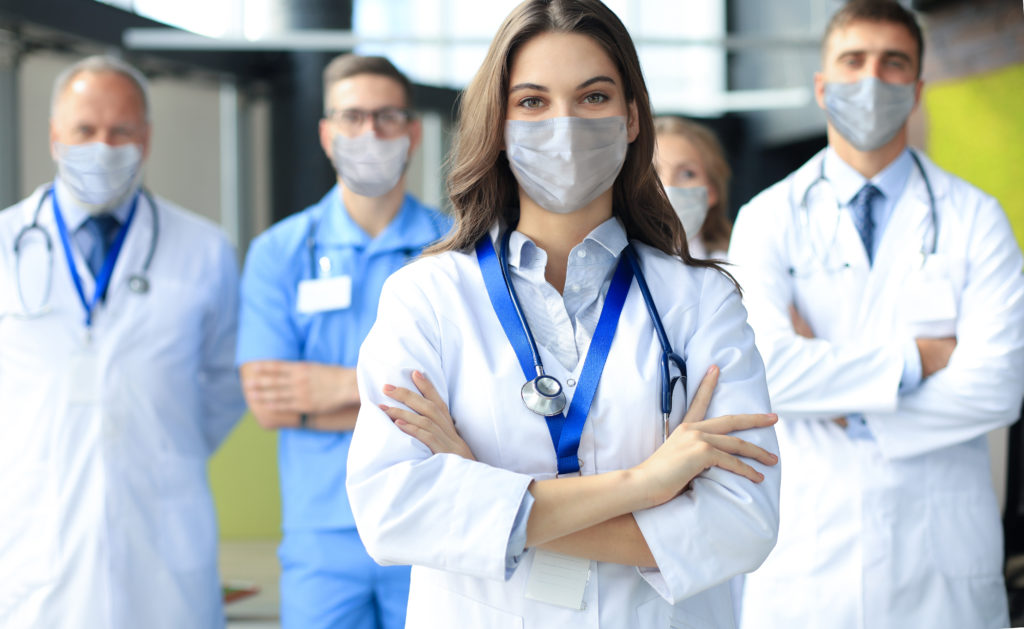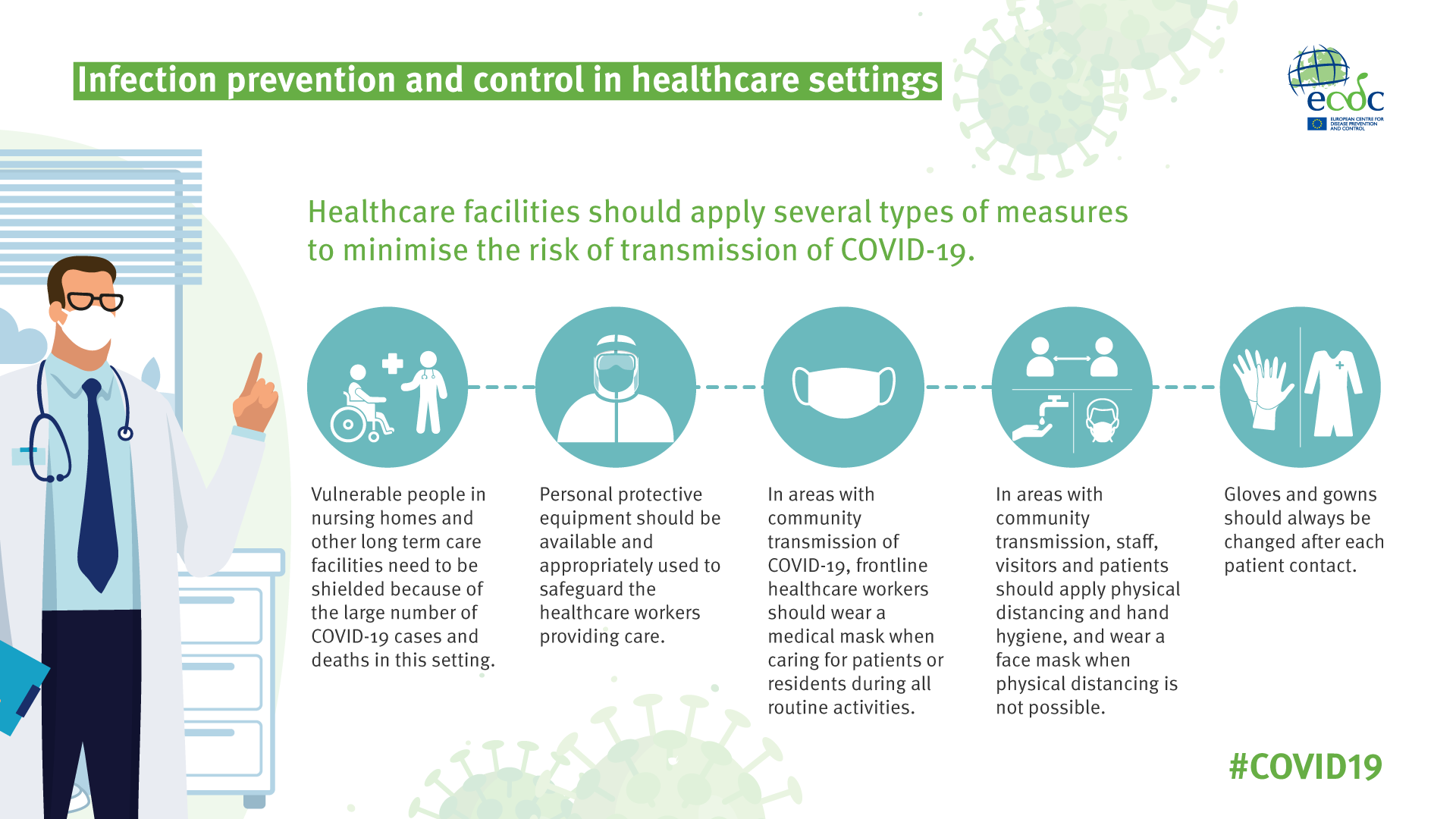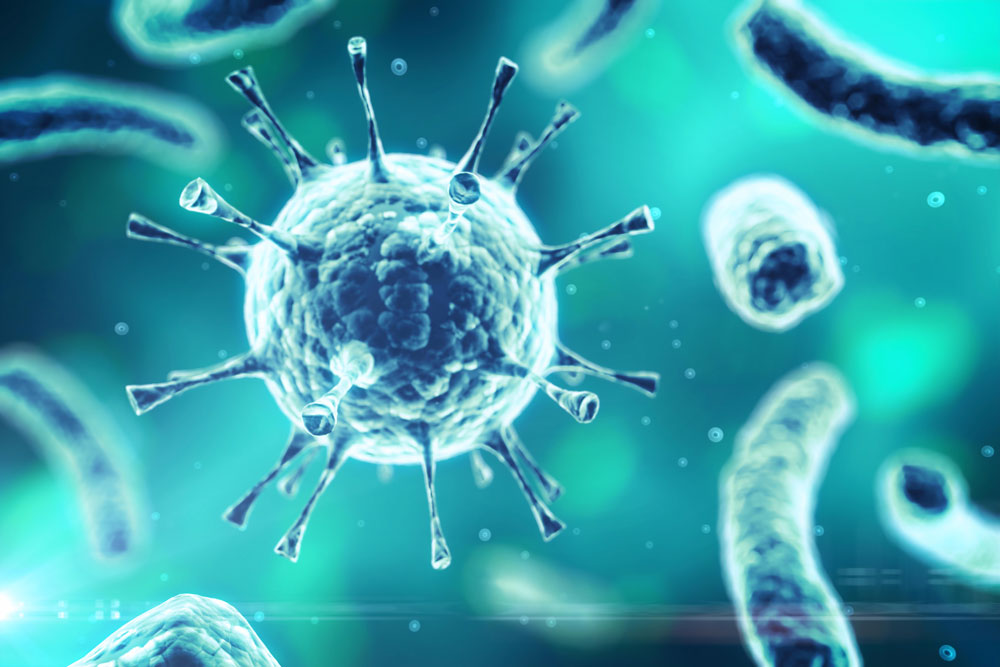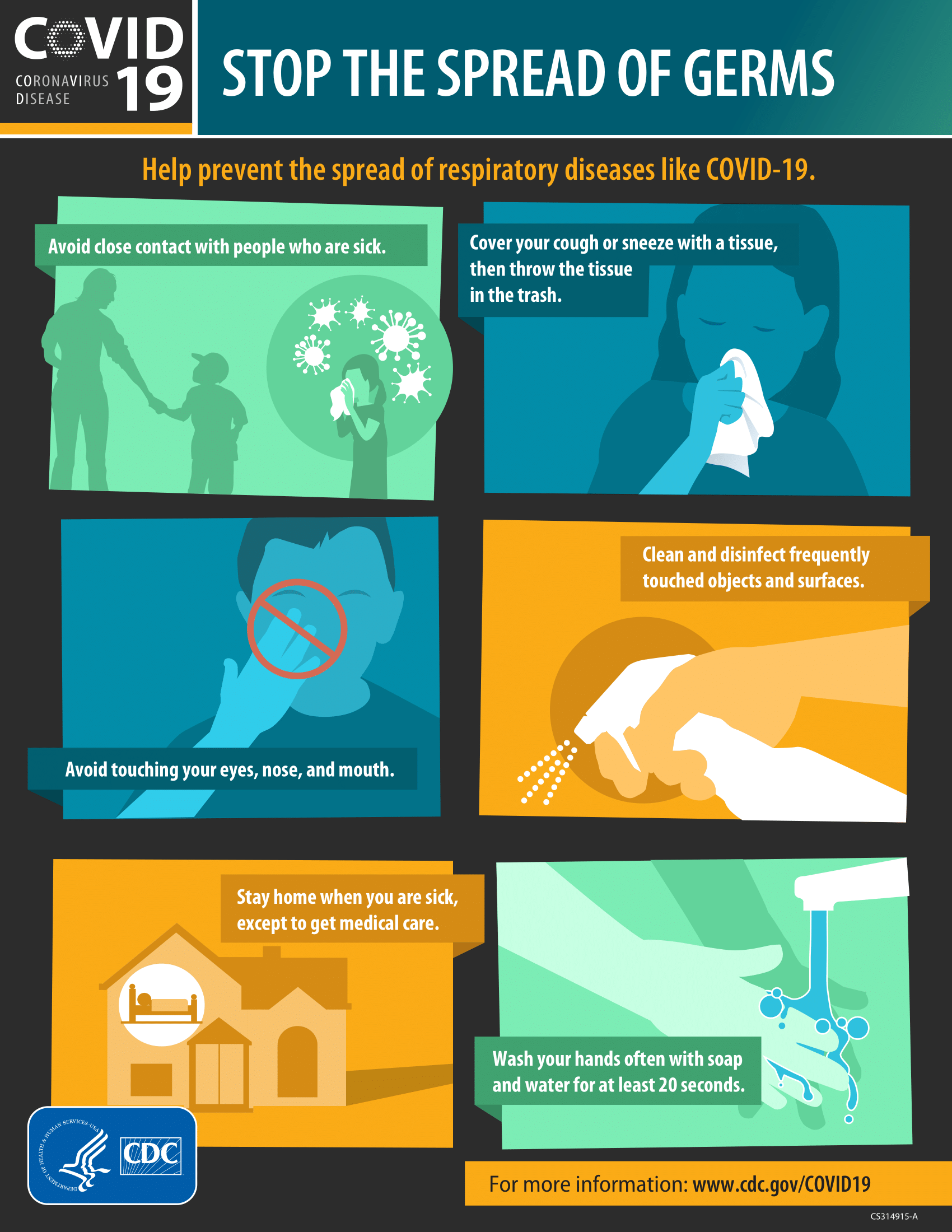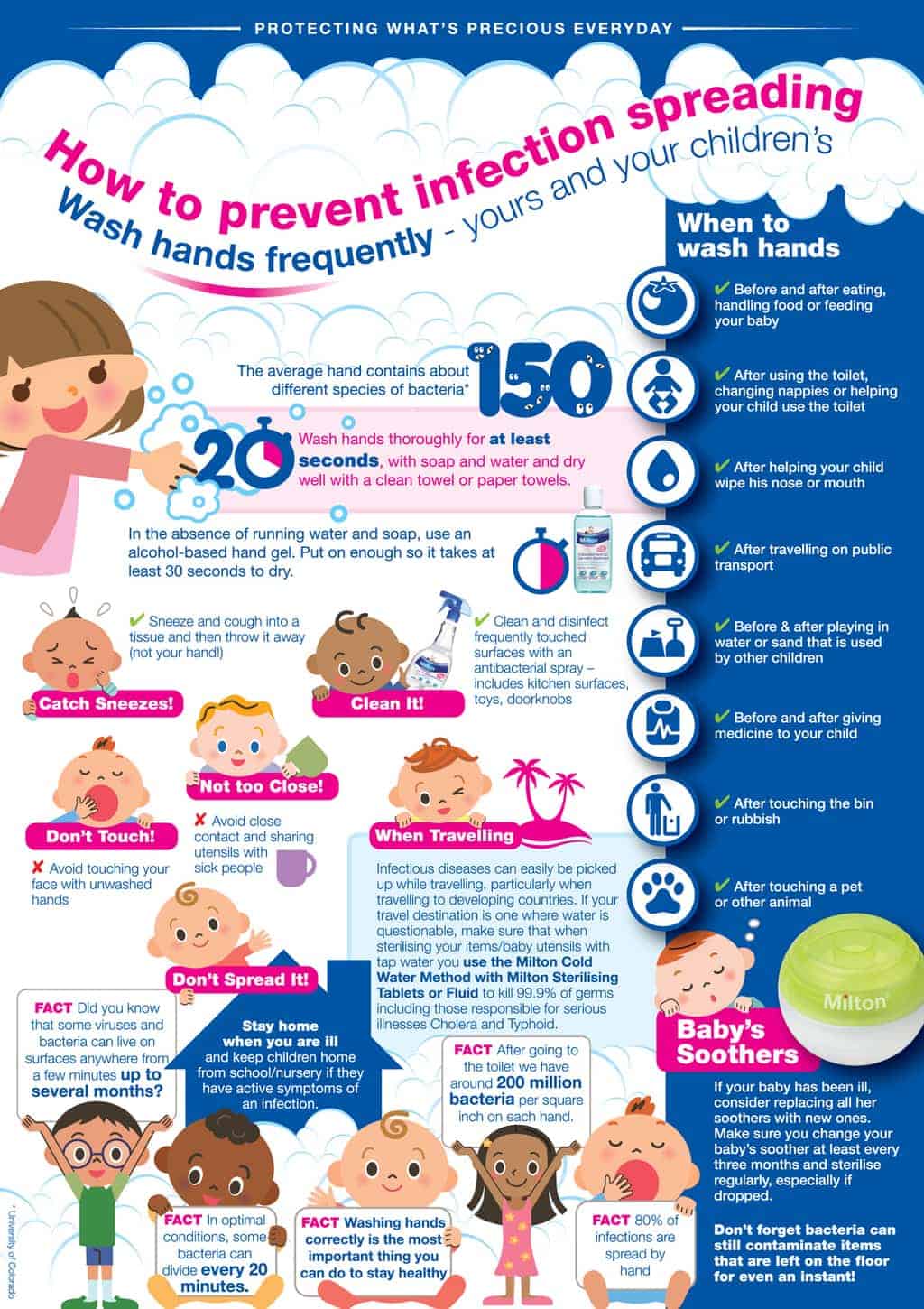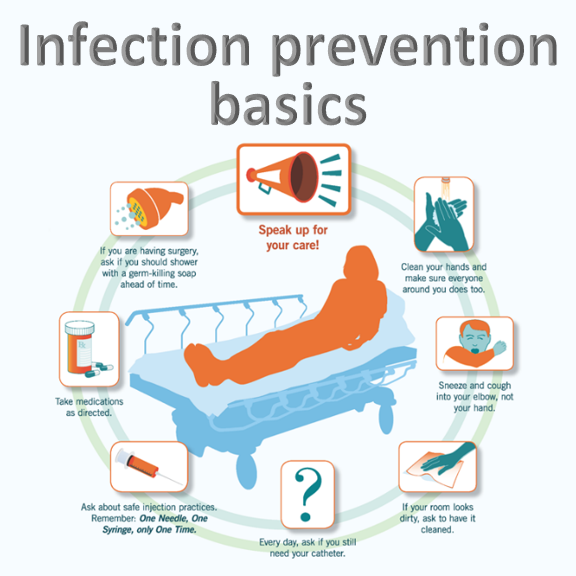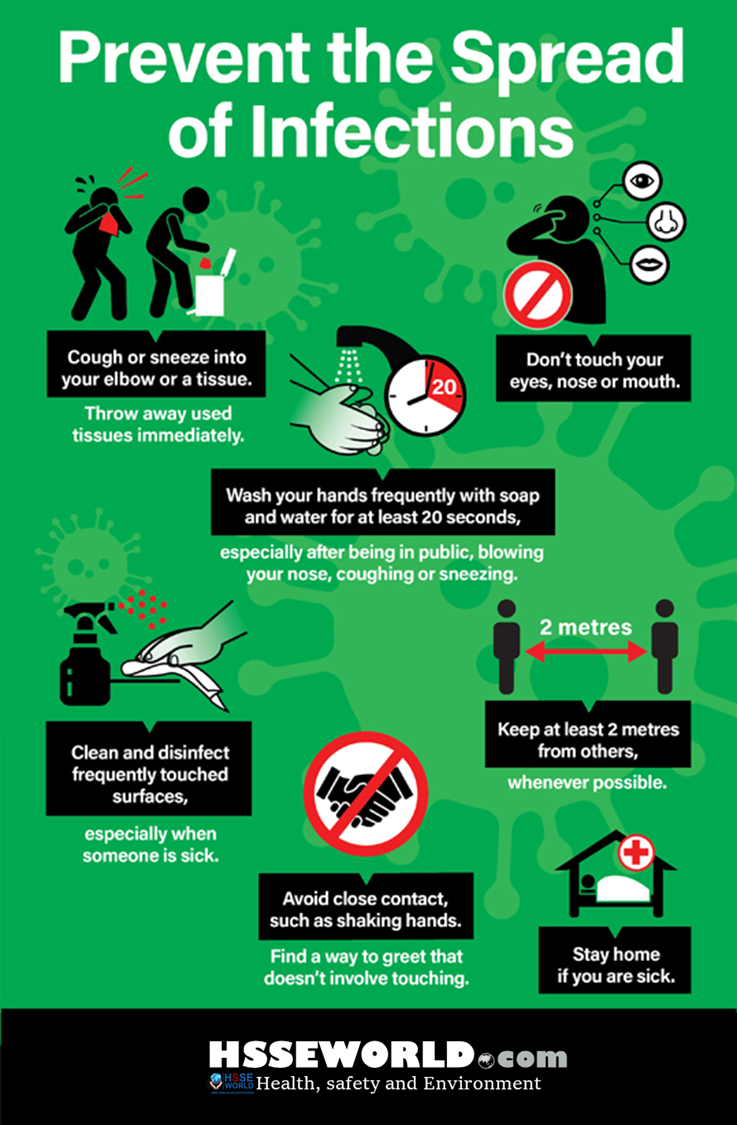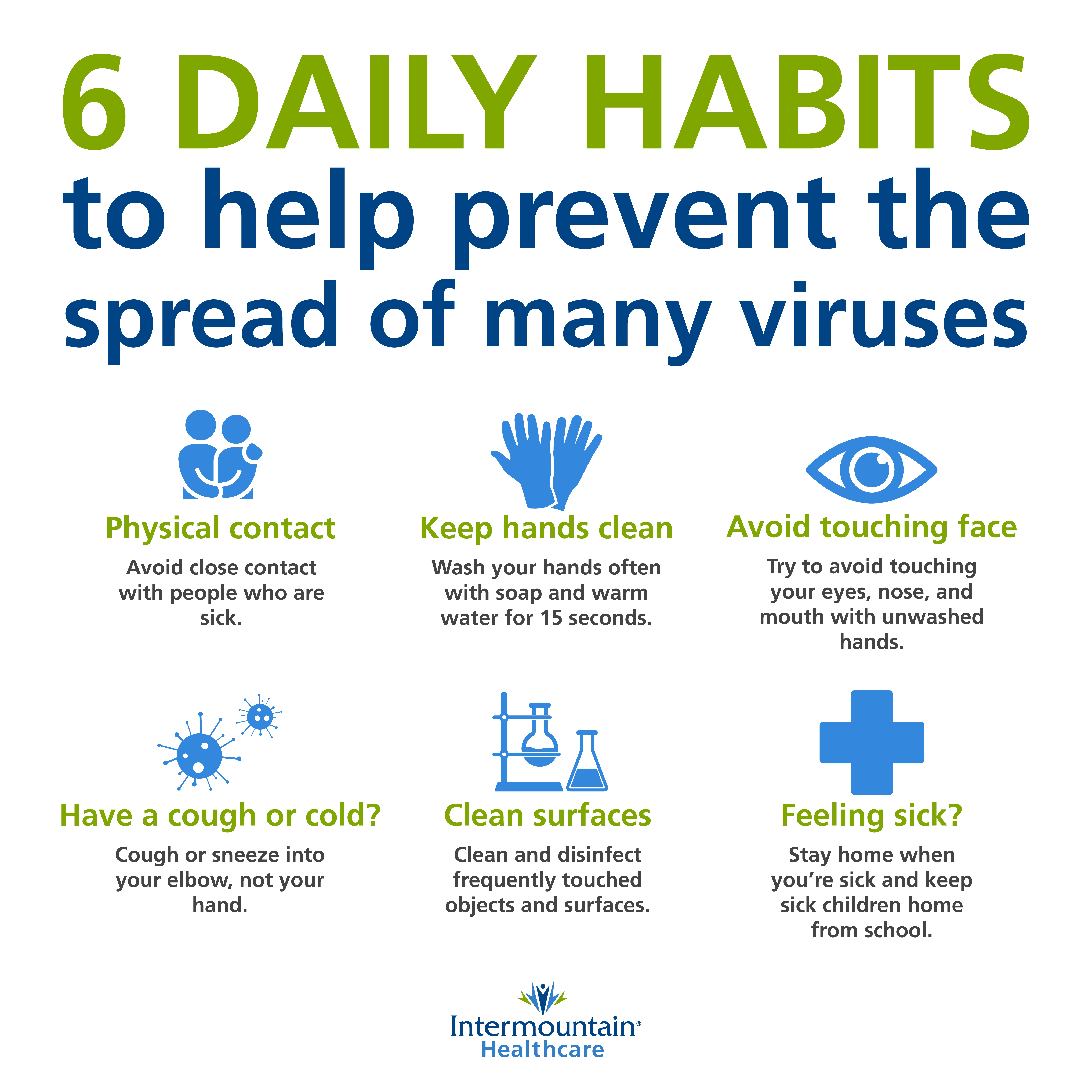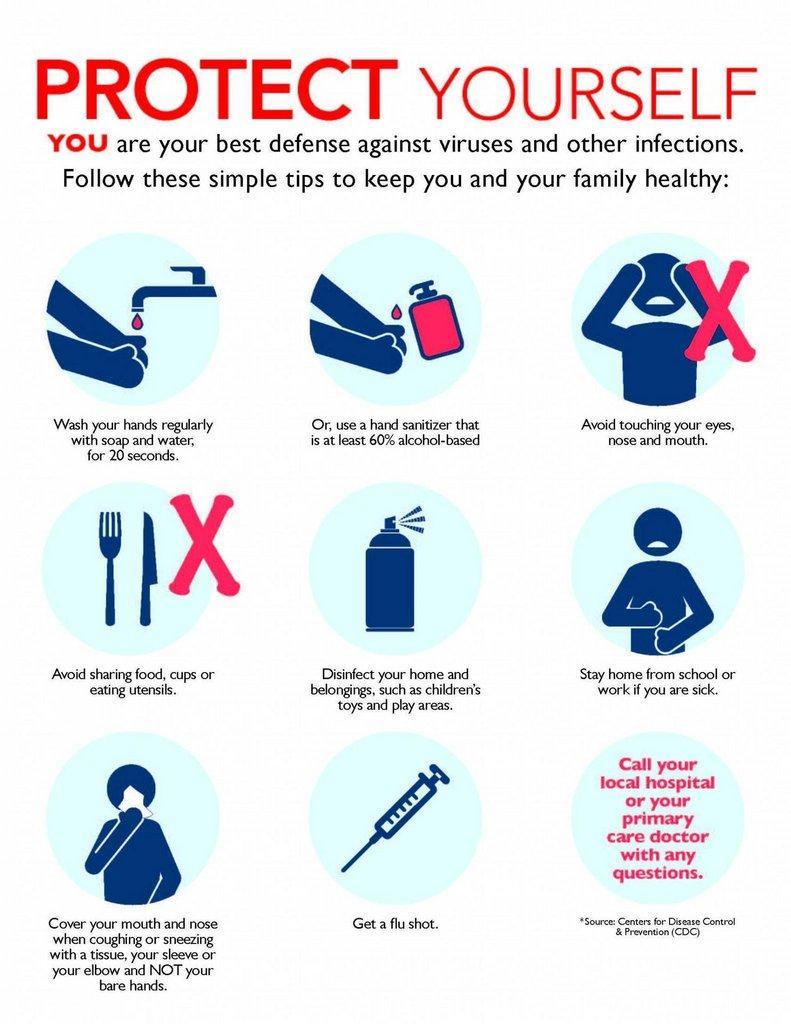Have A Tips About How To Prevent Spread Of Infection

Wash your hands after you touch animals.
How to prevent spread of infection. 10 simple tips everyone should practice. It is particularly important before, during, and after preparing food, as well as. It is important to get treated early in your infection and to take the medicine as.
You probably wash your hands after using the bathroom, before preparing or eating food, and after. There are 5 important moments when you should clean your hands: Proper hand washing is the most effective way to prevent the spread of infections in hospitals.
Hand washing is a key strategy for preventing the spread of infectious diseases. Quarantine is the act of. Avoid touching animals outside your home.
Entering and exiting a patient’s room. Its purpose is to encourage proactive thinking about. If you are a patient, don't be afraid to remind friends, family and.
Hand hygiene is one of the most important ways of controlling the spread of infections, especially those that cause diarrhoea or vomiting and respiratory infections. Antibodies are proteins that the. In tropical regions, influenza can occur throughout the year, causing outbreaks more irregularly, but prevention is still important.
Touching anything connected to the patient (catheter, iv tubing, pulse oximeter, etc.) wearing gloves. Who supports countries to reduce antimicrobial resistance (amr) through the strengthening of infection prevention and control (ipc) measures, such as effective. Three things are necessary for an infection to occur:
Although people commonly use the terms quarantine and isolation interchangeably, they have separate definitions, as follows: Having clean hands is the most effective way of preventing infection from spreading. Avoid any kind of contact with those who have symptoms of the infection washing hands with soap and water frequently can help prevent the spread of the virus.
After 24 hours on antibiotics, you will no longer be able to spread the infection to others. Avoid touching your eyes, nose or mouth. Places where infectious agents (germs) live (e.g., sinks, surfaces, human skin) susceptible person with a way for.
Here’s how you can protect. How to reduce your risk of infectious diseases. The first line of defense is to keep germs at bay by following good personal hygiene habits.
Here are the top ten ways you can take charge in this collaborative effort for your. Updated on march 02, 2022. Prevent infection before it begins and avoid spreading it to others with these easy measures.

